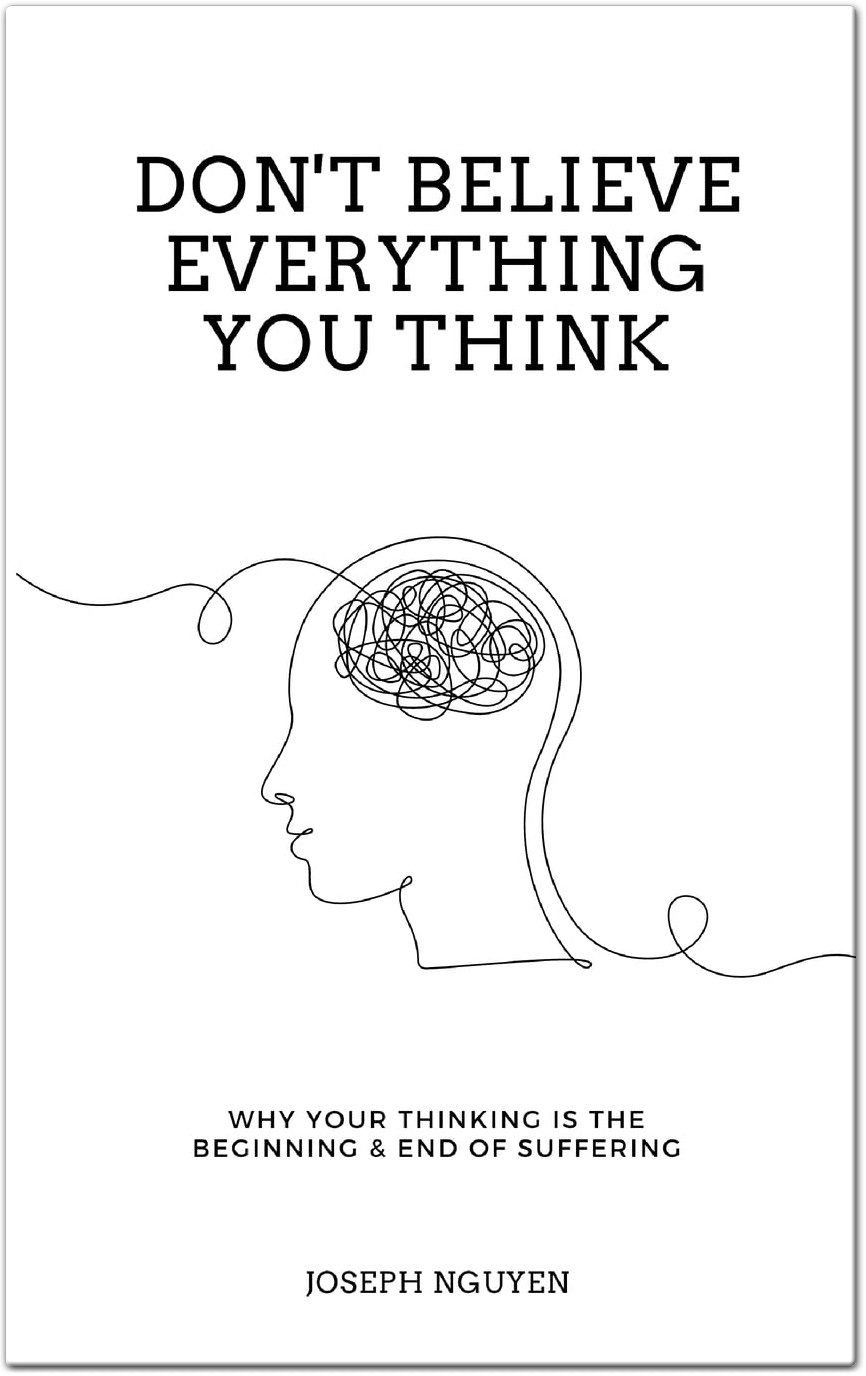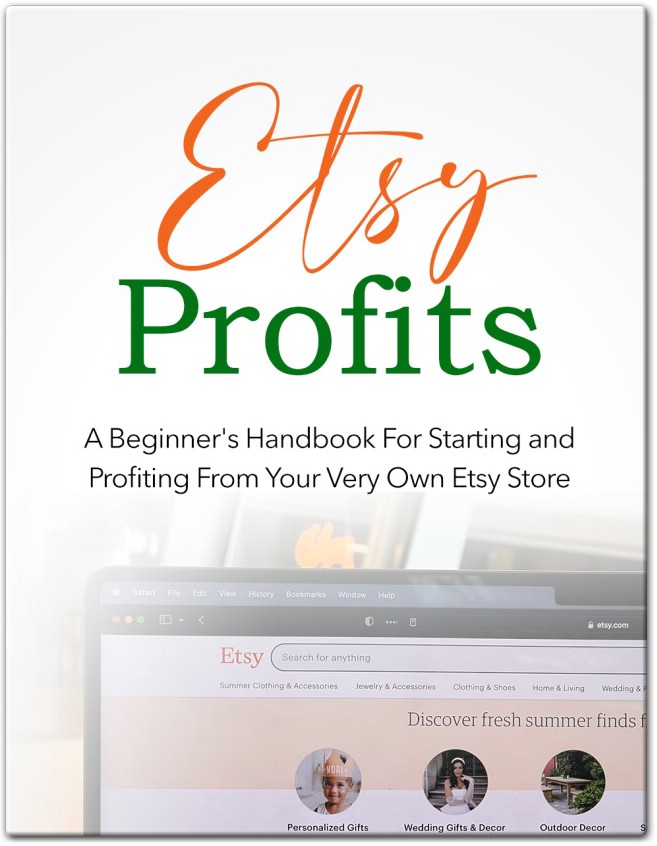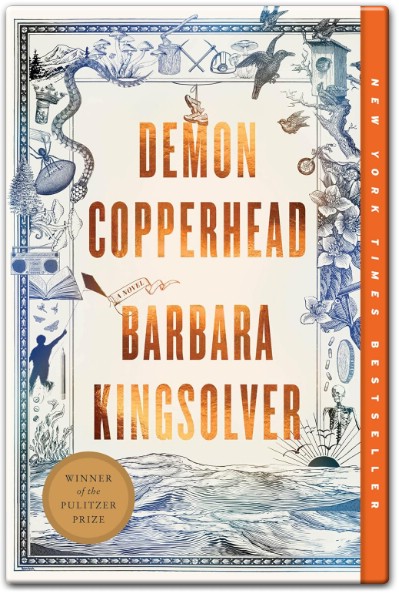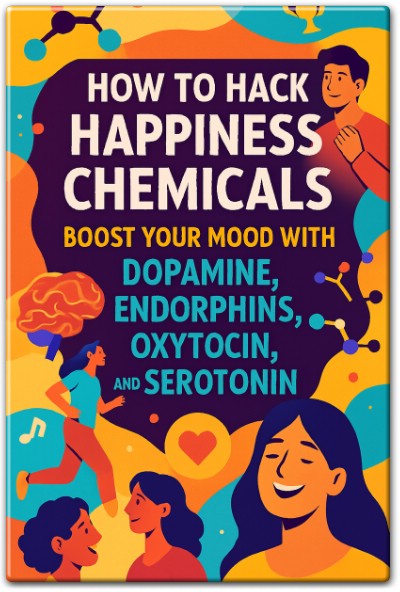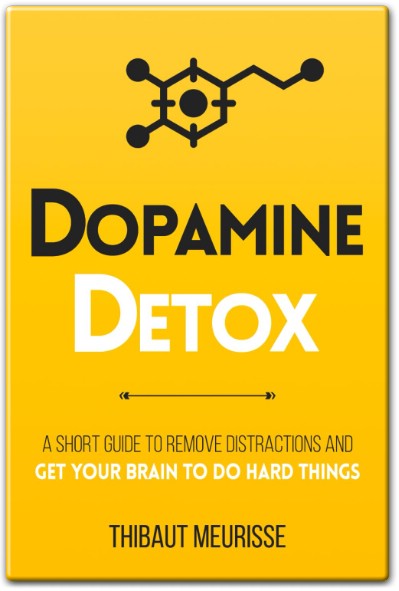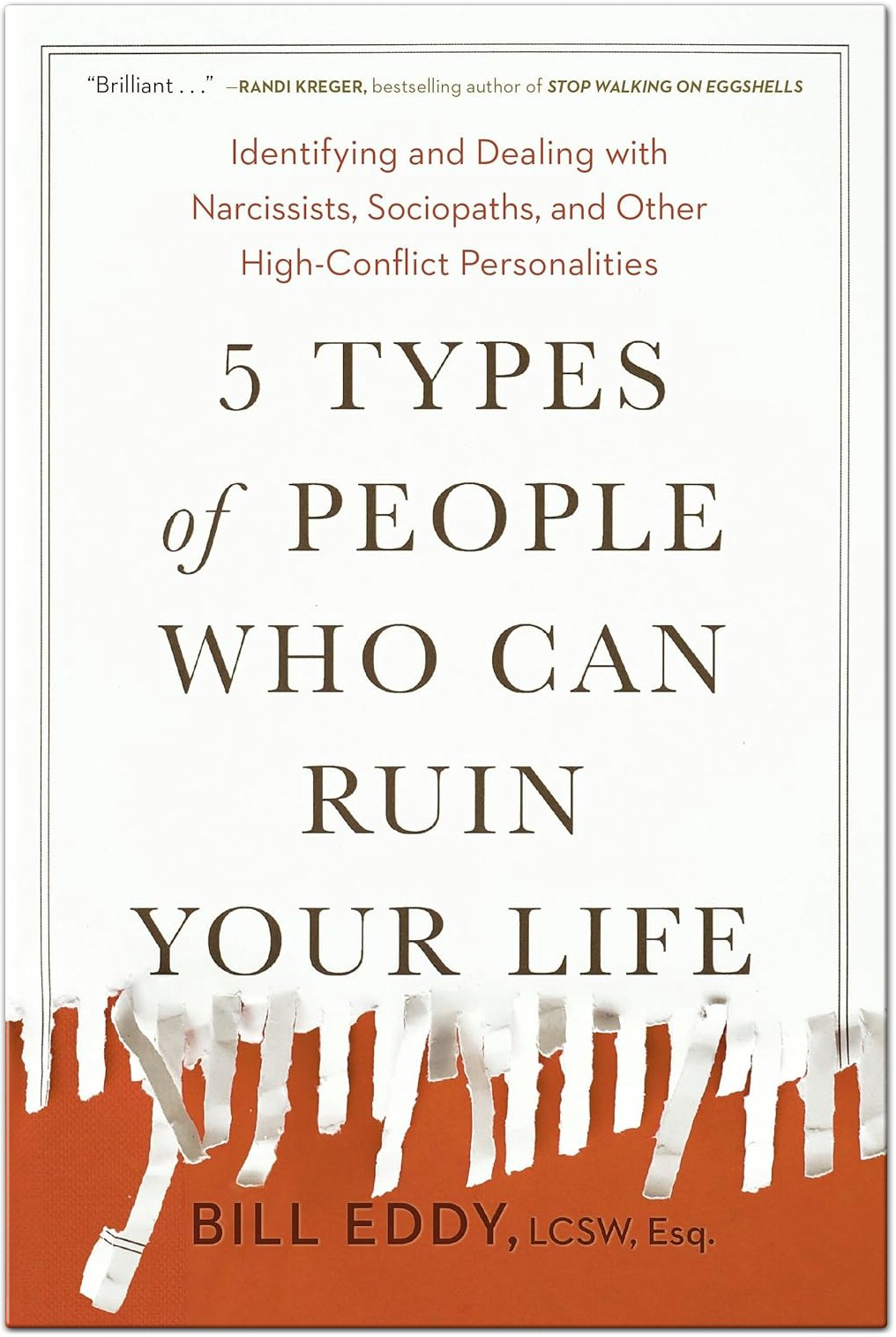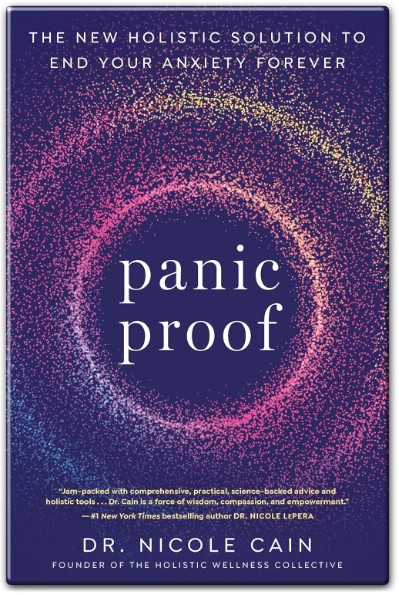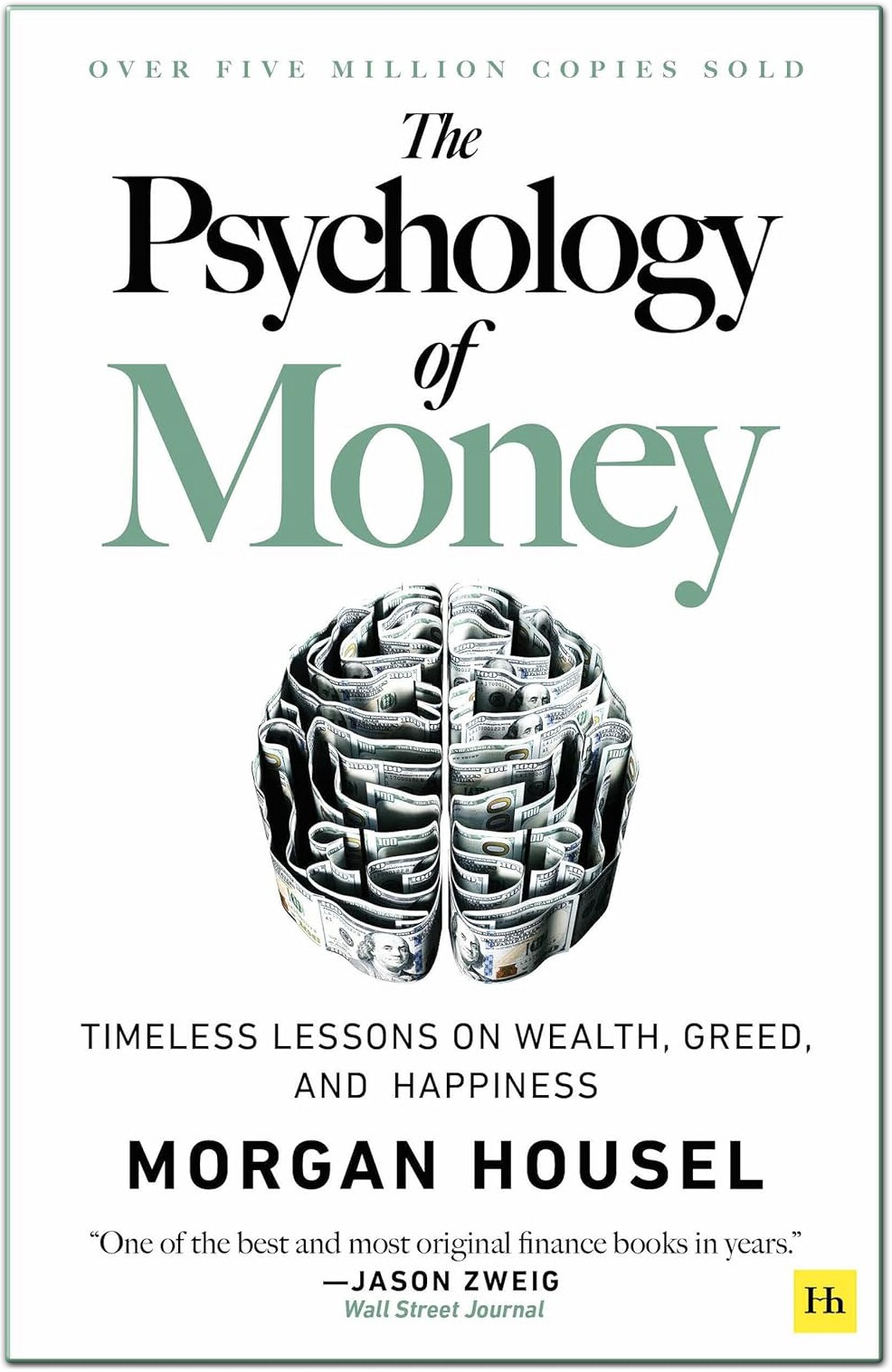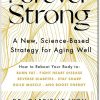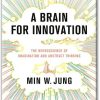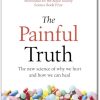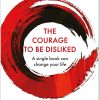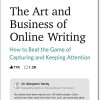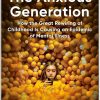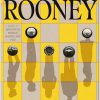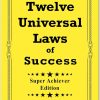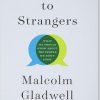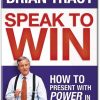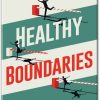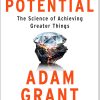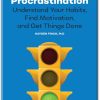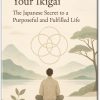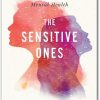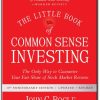Don’t Believe Everything You Think Book Summary
Don’t Believe Everything You Think: Why Your Thinking Is the Beginning & End of Suffering By Joseph Nguyen is a ground-breaking examination of the nature of thinking and how it affects our happiness. This enlightening book offers an easy-to-read manual for comprehending how our thoughts may contribute to our misery and how to overcome their limitations to find real pleasure and serenity.
Joseph Nguyen’s unique ability to make complicated subjects easily understood through his presentation of ideas is recognized. His work is recognized for its capacity to condense deep insight into useful guidance that may be easily incorporated into day-to-day existence. Reviewers have noted that Nguyen’s work stands out in the self-help category because of its direct approach and capacity to evoke strong feelings in readers.
The book Don’t Believe Everything You Think emphasizes the power of mindfulness and the importance of recognizing and transcending our habitual thought patterns. It offers practical guidance on achieving a state of “non-thinking,” where one can find genuine joy, peace, and harmony. The book helps readers expand their consciousness and cultivate a more fulfilling and serene life through its clear explanations and actionable steps.
The book Don’t Believe Everything You Think: Why Your Thinking Is the Beginning & End of Suffering By Joseph Nguyen was written to help you find everything you’ve been searching for and the answers to all the questions you’ve had your entire life. I understand this is a very bold statement, but you will shortly see why I have complete confidence in saying this.
What I know to be the truth from the depths of my soul is that you will not be the same person as you were after you read this book. The only constant is change. Growth is an inevitable process of life, and it will be impossible for you not to change after reading this book.
“We cannot change what we are not aware of, and once we are aware, we cannot help but change.” – Sheryl Sandberg
Book Summary Contents
- 1 Don’t Believe Everything You Think by Joseph Nguyen What Is it About?
- 2 Don’t Believe Everything You Think: Why Your Thinking Is the Beginning & End of Suffering Table of Contents
- 3 Don’t Believe Everything You Think Book Summary
- 4 Don’t Believe Everything You Think by Joseph Nguyen Book Details
- 5 About Author Joseph Nguyen
- 6 Get Your Copy Of The Book Don’t Believe Everything You Think by Joseph Nguyen
Don’t Believe Everything You Think by Joseph Nguyen What Is it About?
In Don’t Believe Everything You Think: Why Your Thinking Is the Beginning & End of Suffering, You’ll Discover:
- The root cause of all psychological and emotional suffering and how to end it
- How to become unaffected by negative thoughts and feelings
- How to experience unconditional love, peace, and joy in the present, no matter what our external circumstances look like
- How to instantly create a new experience of life if you don’t like the one you’re in right now
- How to break free from a negative thought loop when we inevitably get caught in one
- How to let go of anxiety, self-doubt, self-sabotage, and any self-destructive habits
- How to effortlessly create from a state of abundance, flow, and ease
- How to develop the superpower of being okay with not knowing and uncertainty
- How to access your intuition and inner wisdom that goes beyond the limitations of thinking
Don’t Believe Everything You Think: Why Your Thinking Is the Beginning & End of Suffering Table of Contents
- The Journey to Finding the Root Cause of Suffering
- The Root Cause of All Suffering
- Why Do We Even Think?
- Thoughts vs. Thinking
- If We Can Only Feel What We’re Thinking, Don’t We Need to Think Positively to Feel That Way?
- How the Human Experience is Created – The Three Principles
- If Thinking Is the Root Cause of Our Suffering, How Do We Stop Thinking?
- How Can We Possibly Thrive In the World Without Thinking?
- If We Stop Thinking, What Do We Do About Our Goals, Dreams & Ambitions?
- Unconditional Love & Creation
- What Do You Do Next after Experiencing Peace, Joy, Love & Fulfillment In the Present?
- Nothing Is Either Good or Bad
- How Do You Know What to Do without Thinking?
- How to Follow Your Intuition
- Creating Space for Miracles
- What Happens When You Begin Living in Non-Thinking (Potential Obstacles)
- Now What?
- Summary of Non-Thinking
- A Guide to Stop Thinking
- Frameworks for Removing Thinking Triggers and Creating a Non-Thinking Environment
Key Takeaways:
-
Our thoughts are not always true, and we should not believe everything they tell us.
-
Mindfulness and self-awareness can help us detach from negative thinking patterns.
-
By recognizing and challenging cognitive distortions, we can reduce unnecessary suffering.
-
Practical exercises can support personal growth and mental well-being.
Don’t Believe Everything You Think Book Summary
Don’t Believe Everything You Think: Why Your Thinking Is the Beginning & End of Suffering by Joseph Nguyen is a profound exploration of how our thoughts shape our experiences and influence our mental and emotional well-being. This book challenges the common misconception that our thoughts are entirely accurate and that we must accept them as truths. Instead, Nguyen argues that our thinking often distorts reality and leads to unnecessary suffering. He emphasizes that the key to breaking free from this cycle lies in questioning and understanding our thoughts rather than blindly believing them.
The Core Message:
The central premise of Don’t Believe Everything You Think is the idea that many of our mental and emotional struggles arise from the unchecked belief in the thoughts that arise in our minds. Whether it’s self-doubt, fear, anger, or anxiety, these negative emotions are frequently fueled by erroneous or irrational thoughts. Nguyen draws on cognitive psychology, mindfulness, and Buddhist philosophy to explain how our minds often trick us into believing that our thoughts are who we are, leading to suffering.
Understanding the Mind:
Nguyen provides readers with tools to recognize that thoughts are not inherently true; they are simply mental events that come and go. By learning to detach from these thoughts, we can stop them from controlling us. The book teaches that by practicing mindfulness and self-awareness, individuals can observe their thoughts without becoming entangled in them. This shift in perspective allows readers to experience life with more clarity and emotional freedom.
The Power of Awareness:
The key to overcoming suffering, according to Nguyen, is awareness. He teaches that through practices like meditation and mindfulness, we can cultivate the awareness necessary to recognize when our thoughts are leading us astray. By being present in the moment and observing our thoughts without judgment, we can break free from the automatic patterns that cause us to react negatively.
Practical Exercises:
Throughout the book, Nguyen includes various practical exercises and mindfulness techniques that readers can apply in their daily lives. These exercises help individuals develop the mental discipline needed to observe their thoughts without becoming attached to them. From journaling prompts to guided reflections, the book provides a hands-on approach to mental well-being.
Overcoming Negative Thinking:
Nguyen also explores how negative thinking patterns, such as catastrophizing or overgeneralizing, can deepen our suffering. He explains how these cognitive distortions can be reframed through conscious effort, leading to a more balanced and peaceful state of mind.
Living a Fulfilling Life:
By teaching readers to recognize the transient nature of thoughts and to create a healthier relationship with their minds, Don’t Believe Everything You Think encourages individuals to live more fulfilling, purpose-driven lives. The book highlights the importance of letting go of beliefs that no longer serve us and embracing a mindset that supports growth, happiness, and resilience.
Don’t Believe Everything You Think by Joseph Nguyen Book Details
| ASIN | B0B39TSMJM |
|---|---|
| Publisher | Joseph Nguyen (March 28, 2022) |
| Language | English |
| Paperback | 126 pages |
| ISBN-13 | 979-8986406503 |
| Item Weight | 5.3 ounces |
About Author Joseph Nguyen

Get Your Copy Of The Book Don’t Believe Everything You Think by Joseph Nguyen
Discover more from Books to Thrive: Best Books Summaries
Subscribe to get the latest posts sent to your email.

